Dietary fat is vital for optimal health and so good sources of healthy fat should be a normal part of the diet. Fat is vital for energy, to maintain a healthy immune system, to support vital bodily function, to help you absorb certain vitamins and to help you recover from exercise. Whilst fat is vital for health, you don’t need much to reap the benefits and as fat tends to be high in calories, those trying to reduce their bodyweight should incorporate small amounts into their diet.
Good sources of fat include:
- Plant-based oils: olive oil, coconut oil, sesame oil etc
- Full fat dairy products such as butter, milk, cheese and yoghurt
- Fatty fish: includes salmon, sardines and mackerel
- Nuts and nut butters
- Seeds
- Eggs
- Avocados
There are, however, sources of fat that most definitely should be avoided for optimum health. These are known as trans fats and are those that are found in:
- Fried food including most takeaway food
- Commercially made pastries, cakes, cookies, pizzas etc
- Packaged snacks like crisps
- Margarine
- Anything containing hydrogenated or partially-hydrogenated vegetable oil
The fat in these foods provides no nutritional benefits to the body and does more harm than good. Not only because these foods tend to taste good whilst offering no nutritional benefit, meaning they make it easy for us to consume large numbers of calories which in turn can lead to a high bodyweight.
If you have any questions about dietary fat or want help making sure you are eating the right amounts of the right fats, get in touch with our Health & Wellbeing Coach Laura today, who would be only too happy to help you.
For more information about fat go to nhs.uk/live-well/eat-well/different-fats-nutrition/ or bhf.org.uk/informationsupport/support/healthy-living/healthy-eating/fats-explained.



